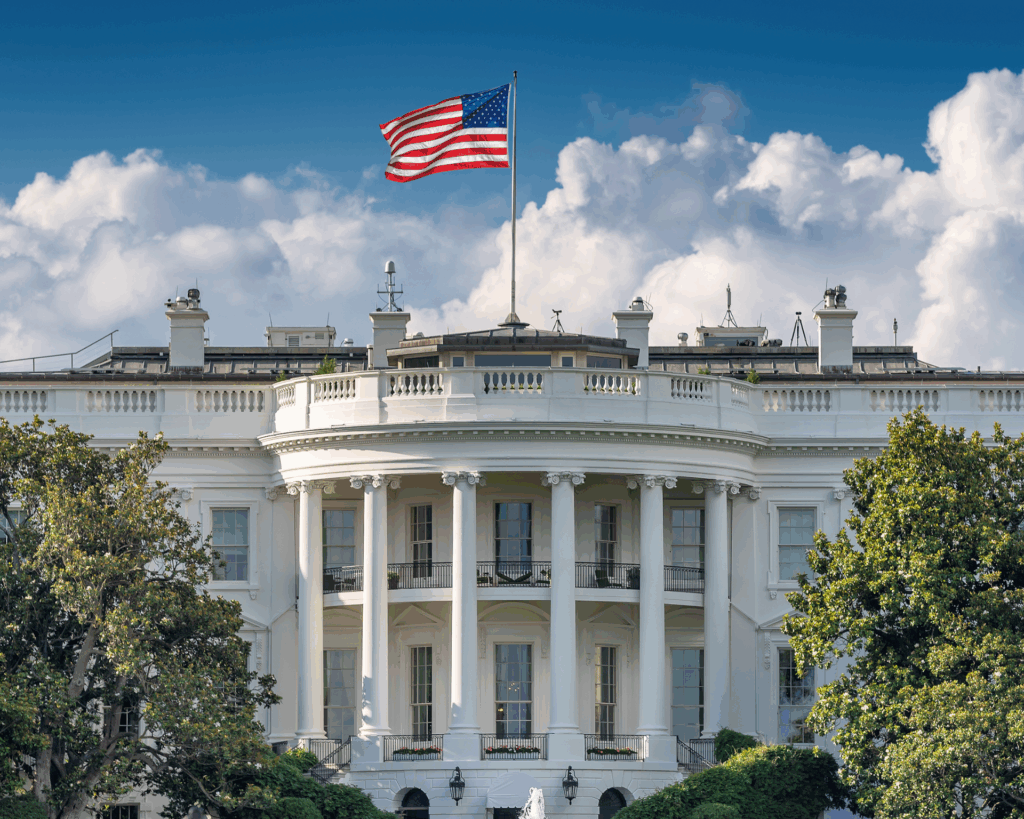Restoring LGBTQ Health
By the end of 2015, nearly 60% of LGBTQ people reported at least 14 poor health days after the passage of a Religious Freedom Restoration Act in Indiana.

Read Time: 2 minutes
Published:
In 2015, Indiana joined 20 other states in approving a Religious Freedom Restoration Act (RFRA). State RFRAs generally allow government parties to withhold service to LGBTQ individuals under claims of religious freedom. The Indiana law, which has been widely criticized as a “license to discriminate,” extended these protections to private businesses and took an unusual further step by making complainants who lose an RFRA-related suit responsible for attorney fees for both parties.
John Blosnich and colleagues used data from the 2015 Behavioral Risk Factor Surveillance Survey (BRFSS)—the year the Indiana law was put into place—to measure how the law affected LGBTQ health in the state. The above figure illustrates that, as the year progressed, a greater proportion of LGBTQ individuals reported having 14 or more days of poor mental or physical health over the past 30 days.
In the first quarter of the year, when the law was signed, heterosexual individuals and LGBTQ individuals reported nearly identical rates of self-reported poor health. By the end of the year, nearly 60% of LGBTQ individuals reported at least 14 poor health days, while only 20% heterosexual individuals reported this frequency of poor health days.
The researchers found this trend was specific to Indiana. No other state using the BRFSS to collect comparable data showed a similar worsening of LGBTQ health during 2015. The researchers emphasize that their data provides evidence that laws like RFRAs produce social conditions that can harm the health of sexual and gender minorities.
Databyte via Blosnich, John R et al. “Religious freedom restoration acts and sexual minority population health in the United States.” The American journal of orthopsychiatry vol. 89,6 (2019): 675-681.



